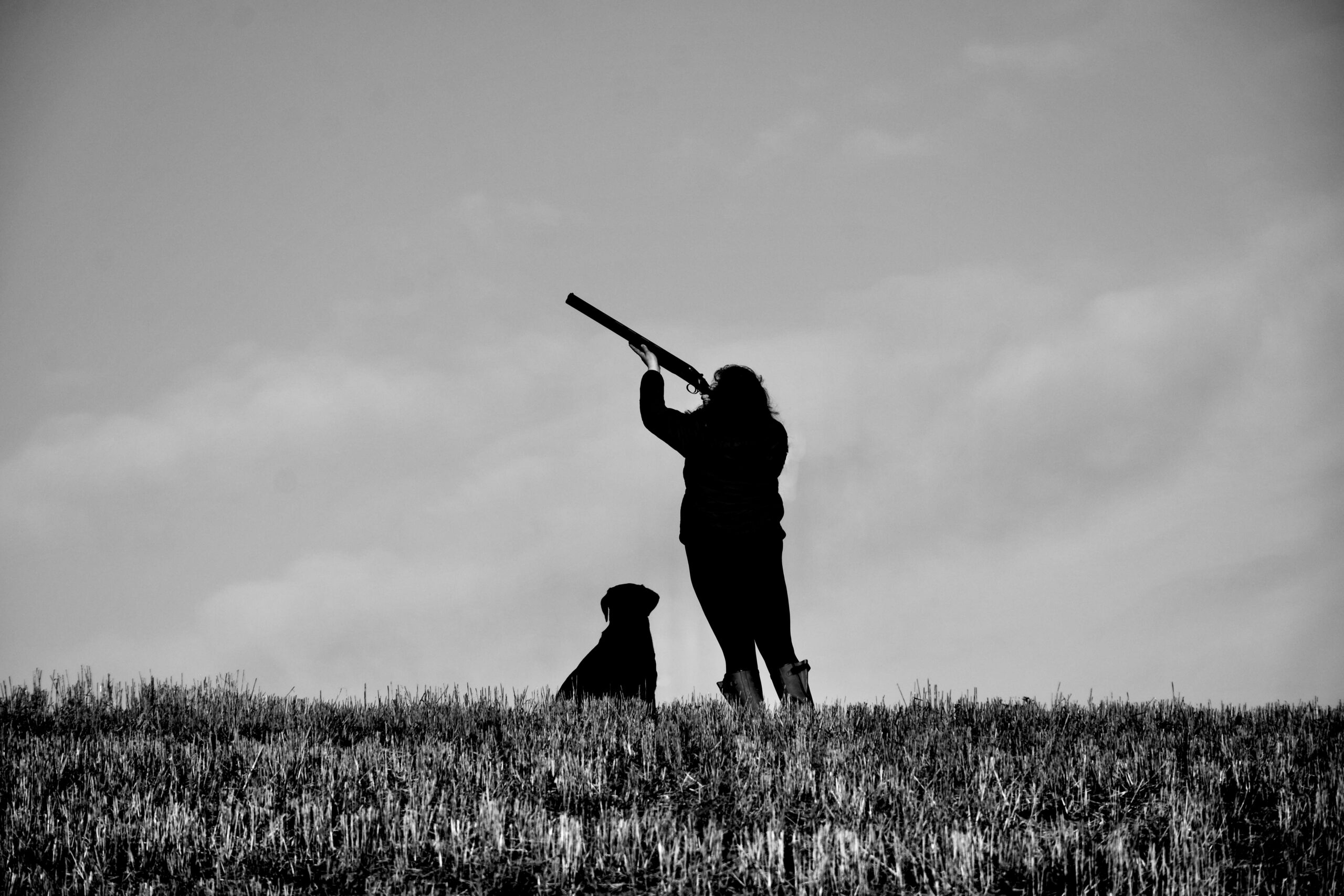
Responsible firearm use extends far beyond safety and regulation—it plays a crucial role in wildlife conservation. From sustainable hunting practices to funding habitat restoration, ethical firearm ownership, and shooting sports, communities have contributed to preserving ecosystems and protecting wildlife populations for decades. Understanding this relationship underscores how conscientious firearm enthusiasts can positively impact the environment while engaging in outdoor recreation.
The Historical Link Between Firearms and Conservation
The connection between hunting, firearms, and wildlife preservation has deep roots. In the early 20th century, overhunting and habitat loss caused drastic declines in many animal populations. Hunters, firearm manufacturers, and advocacy groups responded by promoting sustainable hunting practices and establishing conservation organizations.
Programs like Ducks Unlimited, the Wildlife Management Institute, and other early conservation initiatives were funded in part by hunting-related revenues and excise taxes on firearms. These programs laid the groundwork for modern conservation, demonstrating that responsible use of weapons can generate funding and awareness for wildlife protection.
Funding Conservation Through Excise Taxes
One of the most direct ways responsible gun owners support conservation is through excise taxes on firearms and ammunition. In the United States, the Pittman-Robertson Wildlife Restoration Act channels a portion of these taxes to state wildlife agencies. These funds are allocated for habitat restoration, wildlife research, and species management programs.
This mechanism ensures that recreational firearm use and hunting directly support environmental preservation. From restoring wetlands to managing forests and grasslands, the money collected from firearm users sustains long-term conservation efforts that benefit both wildlife and human communities.
Promoting Ethical Hunting Practices
Ethical hunting is central to wildlife conservation. Responsible gun owners follow established regulations, including hunting seasons, bag limits, and protected species guidelines. These rules maintain balanced populations and prevent overharvesting, ensuring that ecosystems remain healthy.
In addition to regulation compliance, many firearm organizations provide education on safe handling, accurate shooting, and ethical hunting practices. This education promotes environmental stewardship and reinforces the idea that responsible hunting plays a direct role in species preservation.
Supporting Habitat Restoration Projects
Beyond funding, firearm enthusiasts actively participate in habitat restoration initiatives. These projects include wetland preservation, reforestation, and invasive species management, all of which support biodiversity and maintain ecosystem health.
Firearms manufacturers and sporting groups often sponsor these efforts by donating equipment, volunteer labor, or financial support. Such involvement ensures that habitats are preserved not just for game species but also for the broader wildlife community, contributing to sustainable ecosystems.
Community Engagement and Stewardship
Responsible firearm use extends into community involvement. Hunters and shooting enthusiasts frequently engage in volunteer programs like habitat cleanups, wildlife monitoring, and educational workshops. These activities foster environmental awareness and create a culture of conservation among local communities.
Through community engagement, firearm users not only give back to the environment but also educate younger generations on the importance of preserving wildlife. This helps maintain long-term support for conservation initiatives and encourages sustainable practices among future hunters and outdoor enthusiasts.
Research and Wildlife Management
Scientific research is critical for effective conservation, and ethical firearm use contributes significantly to this effort. Funding from hunting licenses, excise taxes, and nonprofit contributions supports studies on population dynamics, habitat requirements, and ecosystem health.
This research informs wildlife management decisions, such as determining hunting quotas, monitoring species populations, and implementing habitat improvements. Responsible gun owners help ensure that wildlife policies are data-driven, promoting sustainability while allowing for recreational hunting.
Economic Contributions to Conservation
Responsible firearm use also has an economic impact that indirectly supports conservation. Hunting and shooting sports generate revenue for local businesses, including lodges, guides, equipment retailers, and outdoor tourism providers. This economic activity incentivizes communities to preserve wildlife habitats and support conservation programs.
Additionally, funds collected from permits, excise taxes, and memberships provide a sustainable funding source for state and national wildlife agencies. This creates a self-reinforcing system where ethical firearm use financially supports ongoing conservation projects.
Balancing Recreation and Sustainability
Sustainability is at the heart of responsible firearm use. By following ethical hunting practices, supporting research, and funding habitat restoration, gun owners balance recreational enjoyment with environmental responsibility.
Minimizing environmental impact through lead-free ammunition, leaving no trace, and respecting natural habitats ensures that wildlife populations remain robust. Ethical firearm use demonstrates that recreation and conservation can coexist, providing enjoyment while safeguarding ecosystems for future generations.
Addressing Challenges and Maintaining Responsibility
Despite the positive contributions, challenges remain. Habitat destruction, climate change, and urban expansion continue to threaten wildlife. Maintaining funding, public support, and responsible behavior among hunters and firearm users requires ongoing education, advocacy, and outreach.
Organizations continue to address these challenges through expanded partnerships, youth education programs, and conservation campaigns. Encouraging ethical firearm use and environmental stewardship ensures that contributions to wildlife protection remain strong and effective.
Ethical Firearm Use as a Conservation Tool
Responsible gun ownership is more than a recreational activity—it is a powerful force for wildlife conservation. Through ethical hunting, excise tax contributions, habitat restoration, research support, and community engagement, firearm enthusiasts actively contribute to preserving ecosystems and sustaining healthy wildlife populations.
By embracing sustainable practices and promoting ethical behavior, gun owners ensure that recreational use and conservation efforts complement each other. This partnership protects natural resources, supports local economies, and fosters a culture of stewardship, ensuring that wildlife and outdoor traditions thrive for generations to come.